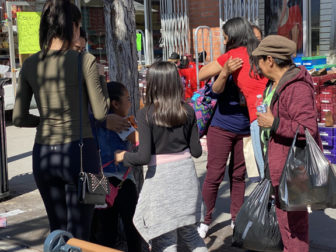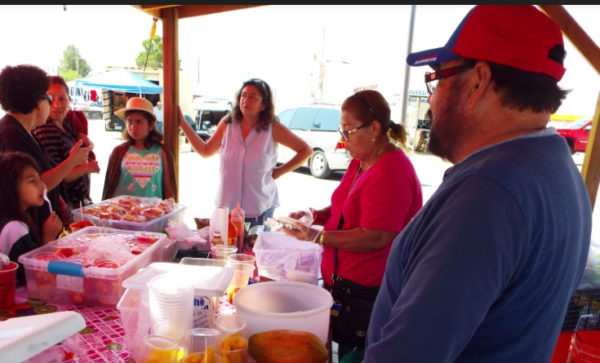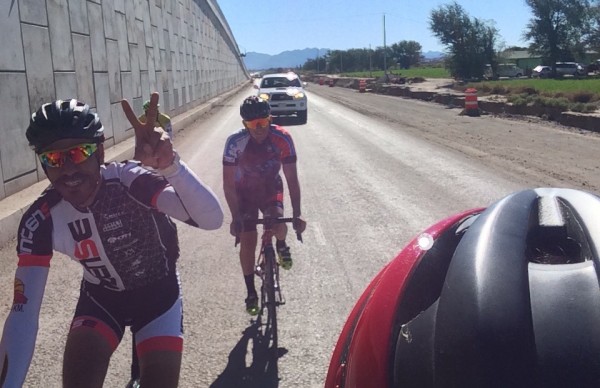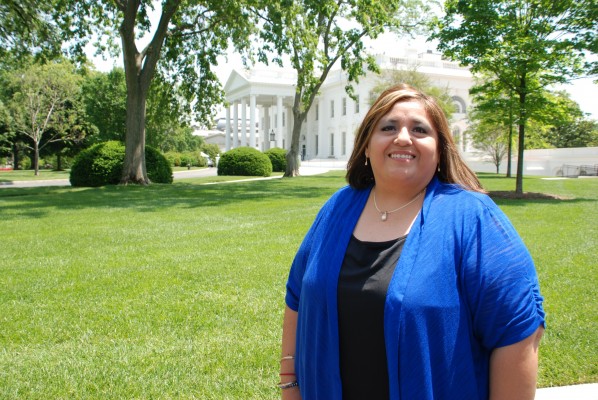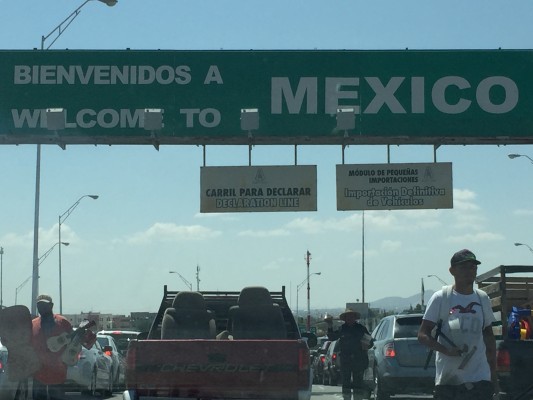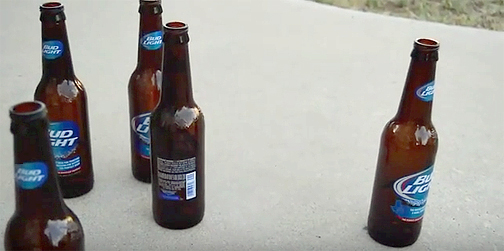Social distancing to slow coronavirus is hard for a border culture used to hugging, togetherness
|
The Trejo family has been careful about handwashing and using hand-sanitizer to prevent the spread of the coronavirus, but when it came time to part ways near the Paso del Norte international bridge, they hugged each other. “As we were hugging, I thought, ‘Oh no, we should have given each other a little elbow tap,’” said Blanca Trejo, the 65-year-old grandmother and matriarch of the family. Her 15-year-old granddaughter Ruby Lerma Trejo said she tried not to hug too tightly but said of keeping her distance with family, “oh that’s hard.” Her grandmother, aunt and young cousins were headed back to Ciudad Juárez. She and her mother and sisters were going back to Horizon City. The Trejo family said goodbye after a recent visit as part of the family headed to Horizon City and the rest stayed in Ciudad Juárez.
